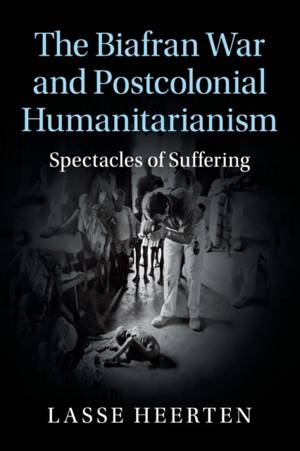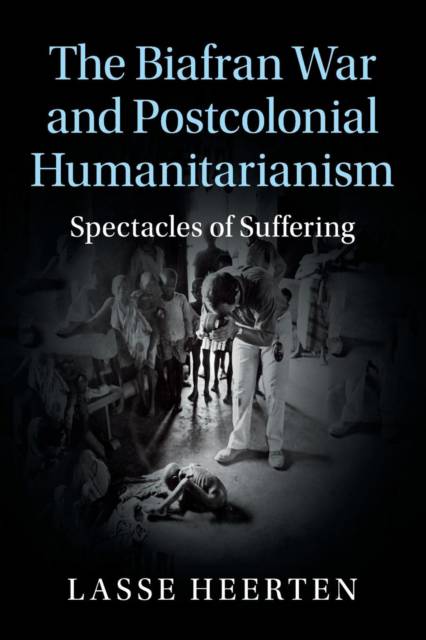
- Afhalen na 1 uur in een winkel met voorraad
- Gratis thuislevering in België vanaf € 30
- Ruim aanbod met 7 miljoen producten
- Afhalen na 1 uur in een winkel met voorraad
- Gratis thuislevering in België vanaf € 30
- Ruim aanbod met 7 miljoen producten
Zoeken
€ 67,95
+ 135 punten
Uitvoering
Omschrijving
In the summer of 1968, audiences around the globe were shocked when newspapers and television stations confronted them with photographs of starving children in the secessionist Republic of Biafra. This global concern fundamentally changed how the Nigerian Civil War was perceived: an African civil war that had been fought for one year without fostering any substantial interest from international publics became 'Biafra' - the epitome of humanitarian crisis. Based on archival research from North America, Western Europe and Sub-Saharan Africa, this book is the first comprehensive study of the global history of the conflict. A major addition to the flourishing history of human rights and humanitarianism, it argues that the global moment 'Biafra' is closely linked to the ascendance of human rights, humanitarianism, and Holocaust memory in a postcolonial world. The conflict was a key episode for the re-structuring of the relations between the West and the Third World.
Specificaties
Betrokkenen
- Auteur(s):
- Uitgeverij:
Inhoud
- Aantal bladzijden:
- 412
- Taal:
- Engels
- Reeks:
Eigenschappen
- Productcode (EAN):
- 9781107530423
- Verschijningsdatum:
- 28/03/2019
- Uitvoering:
- Paperback
- Formaat:
- Trade paperback (VS)
- Afmetingen:
- 152 mm x 229 mm
- Gewicht:
- 548 g

Alleen bij Standaard Boekhandel
+ 135 punten op je klantenkaart van Standaard Boekhandel
Beoordelingen
We publiceren alleen reviews die voldoen aan de voorwaarden voor reviews. Bekijk onze voorwaarden voor reviews.











